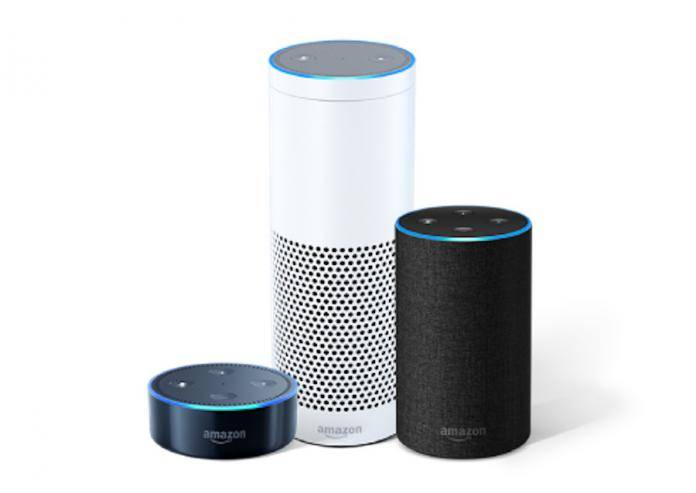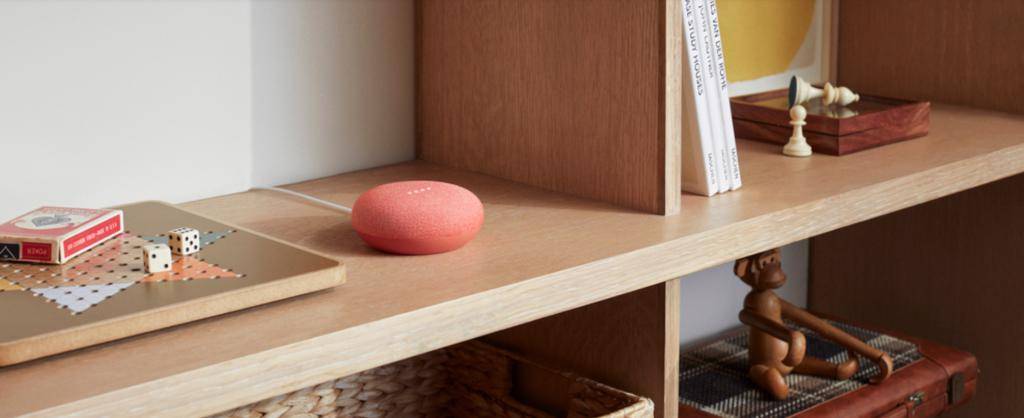
We’ve seen several studies and articles predict that we are seeing the rise and domination of the smart home speaker. In fact, numbers from voicebot.ai say that 1 in 5 adults in the US have access to a smart speaker and that there are 47.3 million voice-powered device owners currently. But the convenience of having an always-on speaker and digital assistant to follow your commands and answer your questions come at a privacy price. A couple who owned an Amazon Echo device recently found that out the hard way as a private conversation was “accidentally’ recorded and then sent to a contact by Alexa. While there was no malice intended with this mistake, it also begs the question as to how private can you really stay if you want a smart speaker in your home.
In case you weren’t aware of this particular story, a woman in Portland, Oregon recently shared her experience that a conversation between her and her husband was accidentally recorded by their Amazon Echo device and worse, the recording was then sent to one her husband’s employees. Fortunately there wasn’t really anything damaging about their recorded conversation, but still, that was enough for her to vow to never use her Echo again. Amazon’s explanation is that Alexa mistakenly heard a series of requests and commands that enabled her to record and send the voice mail. It’s a very rare occurrence but it could actually happen if you really think about it, just like another Echo mishap which triggered creepy laughter from several Alexa-powered devices.
People are now contemplating what privacy advocates have been warning us about all along. Is there even such thing as privacy when you have a connected speaker at home? Well we cannot state a yes or no answer with this one because there are a lot of things to consider, but what we can share with you are some things you can do to have some sort of protection while still being able to use your smart speaker for other purposes.

Stop messaging and calling functions with Alexa
It’s not a very intuitive or even easy process, but it can be done. Go to the Customer Help Page of Amazon, log in to your account, then go to Amazon Devices and Kindle Apps. Choose the device you use with Alexa then in the Issue Details, choose Something Else. You will go to Section 3 and then you need to choose Phone and wait for the representative to call you. Just tell them you want to disable Alexa Calling and Messaging and they’ll do it for you. Unfortunately, there’s no other, easier way.
Block incoming calls
For Echo/Alexa owners, just switch on the Do Not Disturb mode or just say, “Alexa, don’t disturb me.” if you want to stop incoming voice calls. For video calls, just disable the “Drop In” function or just select “Only my household” if you still want other people in your house to reach you by video. For Google Home numbers, just don’t connect your personal number to the device. But if you already did, just switch it off by going to the settings, linked accounts, then unlink it.
Delete your voice command history
These smart speakers actually rely on your history to make its responses more personal and tailored to you. But of course you always have the option to turn it off if you’re more concerned about protecting your privacy than making Alexa or Google Assistant smarter. You can delete all your voice recordings or choose specific voice commands to remove.
Turn off the microphone and/or camera
It seems to be kind of stupid to turn off the microphone of a smart speaker but if you don’t want Google or Amazon listening in on you or if you don’t want any of your visitors to mess with your smart speaker, then this is one of your options, short of turning your speaker completely off. If you’re that paranoid, you can even put a piece of tape on the built-in camera of your Amazon Echo Show or Spot.
So why have a smart speaker in the first place?
There are a lot of reasons of course why people would want to have a smart speaker in your house: to play music, to get information, to connect to the Internet, to bring Bluetooth support. But at the end of the day, if privacy is really that important to you, then you’ll probably have to give up a lot of the connectivity functions of your Echo speaker or your Google Home. As to the issue that we don’t really have privacy anymore when you’re connected to the Internet, that is another long discussion.









